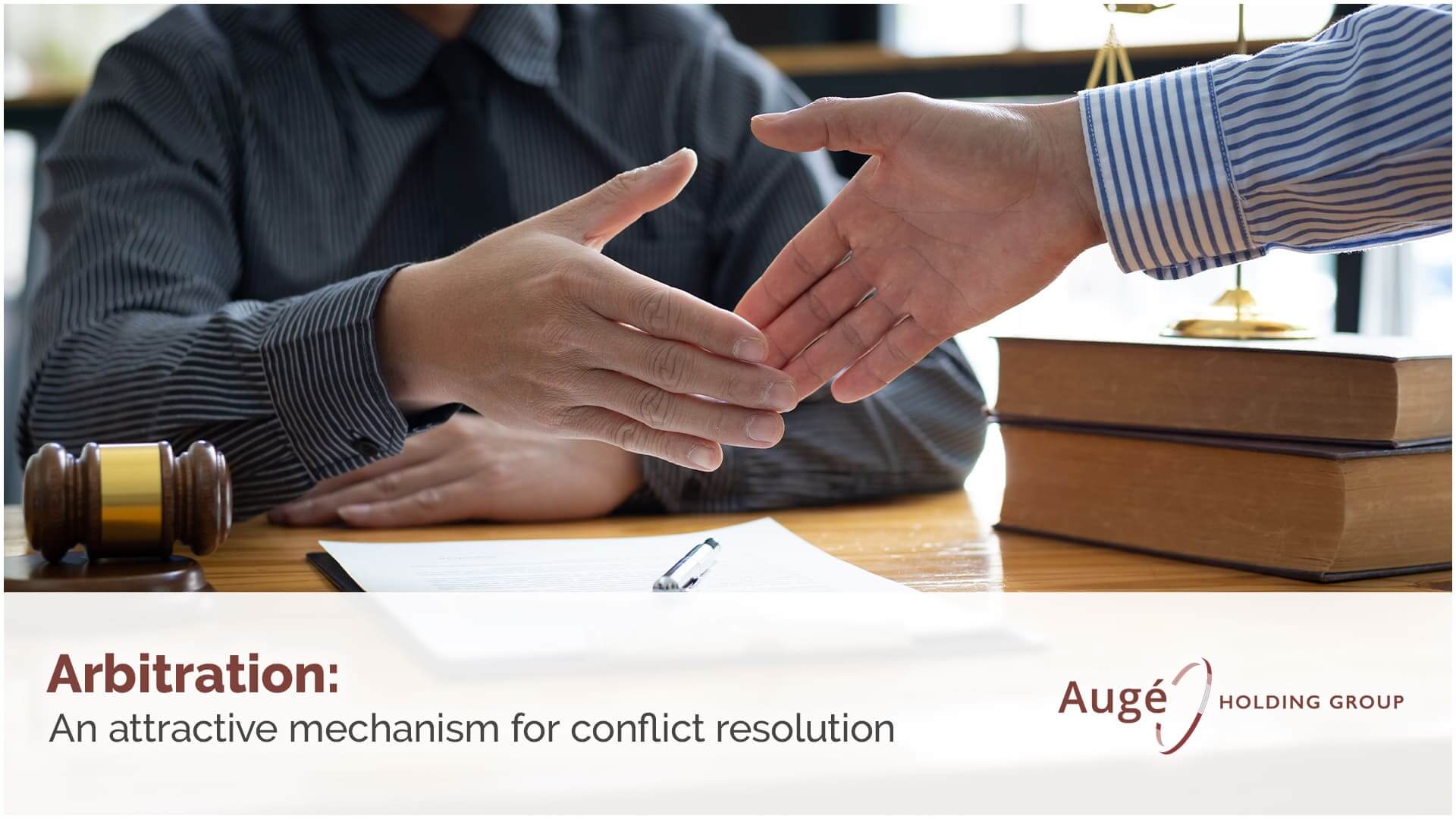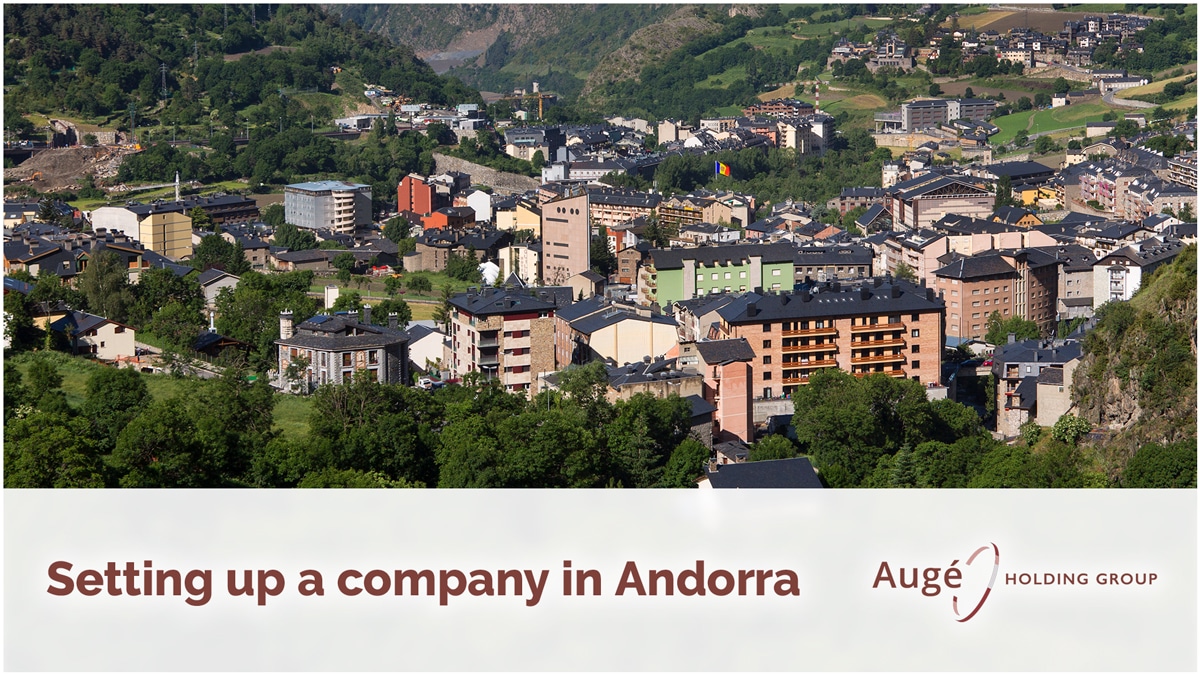Arbitration is an alternative legal mechanism for resolving conflicts, in which the parties involved decide to submit their disputes to one or more arbitrators, chosen by them according to the requirements established by law, instead of going to ordinary courts. This mechanism is becoming increasingly attractive for various reasons. First, arbitration offers greater procedural flexibility, as the parties can agree on the rules that will govern the process and choose the arbitrators, they deem most appropriate. This allows for a solution that is better tailored to the specific needs and matters of the dispute. Moreover, arbitration is usually faster than traditional court proceedings, which is beneficial for companies seeking a swift and efficient resolution. It also provides a degree of confidentiality that many commercial conflicts require, thus avoiding the publicity that often accompanies trials. Finally, arbitral awards or decisions are binding on the parties, providing legal certainty and preventing multiple lawsuits over the same issue.
In summary, arbitration is a highly attractive option for those seeking a quick, flexible, and confidential solution to their disputes.
In fact, arbitration is not a secret in the Principality. This mechanism has been a well-established practice in the Principality of Andorra as a mechanism for dispute resolution, with historical roots that date back to ancient maxims found in the *Manual Digest*. This text already reflected the will of the Judges to avoid litigation and promote peaceful conflict resolution, encouraging the use of arbitration. This has been reflected in the frequency with which arbitration clauses appeared in marriage contracts, wills, and company statutes.
Despite this historical foundation, the lack of legal regulation has made the use of arbitration difficult in practice, with many parties opting for the judicial route. This has led to a growing demand from the commercial sector for legislation regulating arbitration as an efficient mechanism to resolve conflicts arising from business activities, which often do not adapt well to the long duration of court proceedings.
It was not until 2015 that Andorra enacted specific legislation on arbitration, with Law 47/2014 of December 18, on Arbitration in the Principality of Andorra. The promulgation of this text addressed the urgent need to adapt to the national and international trade requirements of the Principality. This regulation aims to facilitate and promote arbitration as a fast and effective solution for dispute resolution, both domestically and in relations with companies from other countries, such as Spain, France, or Switzerland, where arbitration is already well established.
The law regulates formal arbitration and covers both domestic and international cases, recognizing the importance of international arbitration for a country with significant commercial projection like Andorra. The law establishes a dual system that addresses, on the one hand, domestic cases and, on the other, international cases.
The text specifies that arbitration is governed by rules at several levels: national law, the regulations of the arbitration institution of the Principality, and the stipulations agreed upon by the parties. Most of the provisions are supplementary, leaving room for the parties to agree. Additionally, international texts, some ratified by the Principality and others not, form a legal framework for arbitrable matters, based on a general model that covers all issues related to potential disputes. For example, the New York Convention of June 10, 1958, promoted by the United Nations and recognized by over 170 states, is a key and highly important text, serving as the basis for the recognition and enforcement of arbitral awards rendered in any of the signatory states but also in states that have not ratified it (as well as those that may make reciprocity reservations, meaning that the state in question will only apply the obligations derived from the treaty if the other state with which it is related applies the same obligations reciprocally).
Arbitration is therefore an alternative method of conflict resolution that constitutes a true jurisdictional equivalent, in the sense that it replaces the judge determined by law with the will of the parties to opt out of the public justice system and submit to private administration, which nevertheless produces the same effects, with the highest expression being that arbitral awards have res judicata (final judgment) effect, just like court rulings. In the Principality, the arbitration institution is the Arbitral Tribunal of the Principality of Andorra (TAPA). This jurisdiction plays a key role in the Andorran legal system, especially for businesses and individuals who mutually agree to a quick and efficient resolution of their disputes.
There is thus a purely conventional aspect, as the legal framework of arbitration only applies by agreement of the parties to submit their dispute to this alternative method. The guiding principles of this alternative method of conflict resolution are, on the one hand, the autonomy of the will and thus freedom, as the parties are free to submit the dispute to the Arbitral Tribunal and to choose the arbitrators, the manner of presenting their claims and defenses, etc. On the other hand, arbitration is synonymous with confidentiality, as the evidence presented, and the award are not accessible to the public.
However, not all disputes can be handled through arbitration. The arbitration law excludes special arbitrations related to labor and consumer disputes, as developed in other regulations, without prejudice to the arbitration law being supplementary. This exclusion is mainly explained by the importance of protecting the rights of the most vulnerable parties and ensuring a fair balance in resolving disputes. To submit a dispute to arbitration, the parties must be in an equal position and have clearly defined legal certainty, explaining why arbitration is used more frequently in some sectors than others.
In conclusion, the Principality of Andorra is a state where a tradition in favor of arbitration has been consolidated. Indeed, it is a country with great commercial and entrepreneurial appeal, sectors that require speed, efficiency, autonomy, and flexibility. The main disputes submitted to arbitration are commercial, corporate, business-related, and, in general, concern corporate and commercial law. However, some sectors currently growing in the Principality, such as sports arbitration, are mainly managed through the intervention of the Court of Arbitration for Sport (TAS), based in Lausanne (Switzerland). The exponential increase in sports facilities, professional athletes’ residences, and the organization of increasingly international and important sporting events sparks a certain interest in developing and training specialists in this field.
Additionally, disputes in the field of intellectual and industrial property are likely to be submitted to arbitration (trademarks, patents, domain names, and copyrights). The TAPA should promote its competence in this area, as it would allow the parties to choose arbitrators with specific knowledge of intellectual and industrial property, ensuring that decisions are made with a deep understanding of the technical and legal issues involved. Specialized arbitrators could thus handle complex cases with a better understanding of the technical and regulatory aspects related to intellectual and industrial property.





